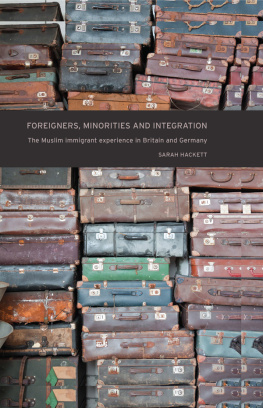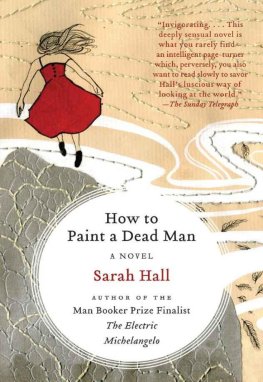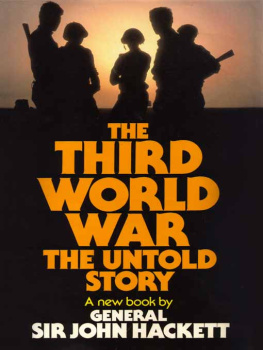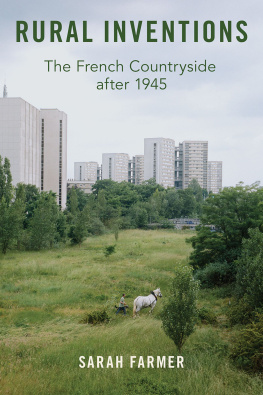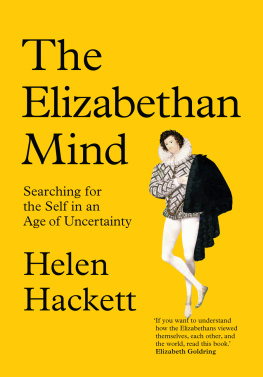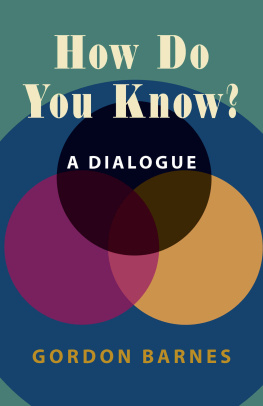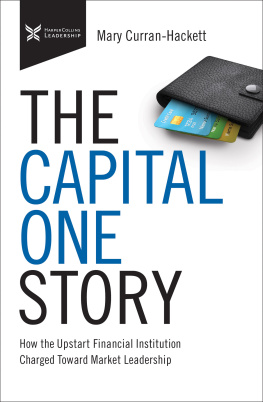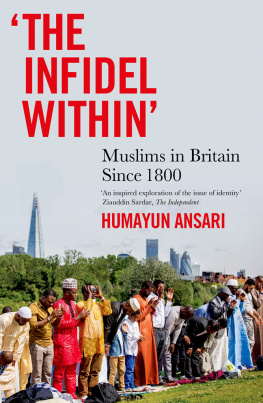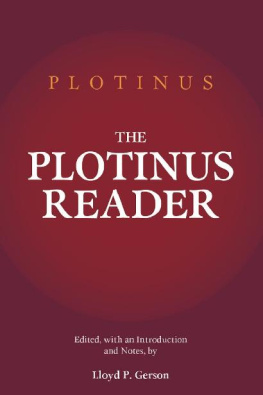Copyright Sarah Hackett 2020
The right of Sarah Hackett to be identified as the author of this work has been asserted by her in accordance with the Copyright, Designs and Patents Act 1988.
Published by Manchester University Press
Altrincham Street, Manchester M1 7JA
www.manchesteruniversitypress.co.uk
British Library Cataloguing-in-Publication Data
A catalogue record for this book is available from the British Library
ISBN 978 1 5261 1014 5 hardback
First published 2020
The publisher has no responsibility for the persistence or accuracy of URLs for any external or third-party internet websites referred to in this book, and does not guarantee that any content on such websites is, or will remain, accurate or appropriate.
Cover design: Abbey Akanbi, Manchester University Press
Typeset by Newgen Publishing UK
This book is the first comprehensive study of Muslim migrant integration in rural Britain across the post-1960s period. It stems from an interest in both migration policies and the everyday lives of ethnic minority communities at the local level, as well as a sense that there is a need to shift the focus on British Muslims away from urban conurbations of settlement towards more non-metropolitan and peripheral settings. It uses Wiltshire as a case study, a county in the south-west of England whose local authority and Muslim migrant populations have long recognised the inherent rurality of their local surroundings. The book draws upon both a range of previously unexplored archival material and oral histories carried out with members of the Muslim communities, and reveals what is a clear, and often complex, relationship between rurality and integration. In doing so, it challenges the long-held presumption that local authorities in more rural areas have been inactive, and even disinterested, in devising and implementing migration, integration and diversity policies, and sheds light on small and dispersed Muslim communities that have traditionally been written out of Britains immigration history.
The study of Muslim integration in Britain in historical perspective across the post-1960s period is not without its challenges and difficulties. Indeed, much of the local authority documentation drawn upon throughout this book is framed within discussions on ethnicity and race, not religion, due to religious affiliation not being considered a significant marker of identity until more recently, and since the 1990s especially. Furthermore, whilst the inherent diversity of Wiltshires Muslim communities experiences and identities is central to the books arguments, its focus on Muslims undoubtedly leads to the prioritisation of religion over what are other equally important components of identity, such as class, ethnicity and gender. Some challenges emerged as a result of studying Muslim populations in a more rural setting at the county level. Wiltshires local authority did not have one specific committee or unit that monopolised issues of migration, integration and local Muslim populations needs and demands. To the contrary, debates, policies and strategies permeated numerous levels of local government and a wide range of committees and sub-committees, meaning that finding the necessary documentation required extensive and detailed archival research. Similarly, Wiltshires Muslim communities are small and dispersed across what is a large county divided by Salisbury Plain. Thus, it was necessary to build up trust and engage with multiple scattered, and at times hidden, Muslim communities across a wide geography.
More often than not, historical research is a solitary task, but I have been fortunate to receive advice and support from a wide range of people throughout the completion of this book. The challenges and difficulties that such a study is prone to were mitigated by the great deal of help and support this project received in Wiltshire from the beginning. I am incredibly thankful to the staff at the Wiltshire and Swindon History Centre in Chippenham for their assistance and patience, and for going out of their way to make suggestions and allow me to access uncatalogued material. I am extremely grateful to Lance Allan at Trowbridge Town Council, Simon Fisher at Devizes Town Council and Steve Jones at Swindon Borough Council for granting me access to minute books and providing me with spaces in which to consult them, and to Darryl Moody at Swindon Central Library whose knowledge and generous help proved invaluable. I owe special thanks to Farzana Saker and Wali Rahman for doing so much to offer me an insight into Wiltshires Muslim communities, and for inviting me to community events and always making me feel welcome.
At Bath Spa University, I am grateful to both fellow historians and colleagues from across the institution for their encouragement and support, and in particular to Dr David Coast, Dr Alison Hems, Prof. Iftikhar Malik, Prof. Alan Marshall, Dr Helen Moore, Dr Andrew Smart, Prof. Astrid Swenson and Dr Heather Winlow. I am thankful to the university for the financial support I received, which allowed me to have the oral history interviews transcribed and attend numerous conferences where I was able to present and develop my arguments and ideas. Many thanks also to my students who have shown such an interest in migration history and have challenged me to think in new ways. I have also continued to benefit from the academic camaraderie, encouragement and guidance of many colleagues, both within and beyond the field of migration history, and I am particularly grateful to Prof. Lawrence Black, Dr Ranji Devadason, Prof. Christhard Hoffmann, Dr Samantha Knapton, Prof. Panikos Panayi, Prof. Philippe Rygiel, Prof. Gavin Schaffer, Prof. Marlou Schrover and Dr Brian Shaev. I would also like to thank the anonymous reviewers who provided very useful and encouraging comments on both the book proposal and the manuscript draft, and Manchester University Press for their patience and work getting this book ready for publication. Any remaining mistakes and shortcomings are, of course, my own.
My family and friends have supported this book project from the beginning, especially my dad who read drafts of all chapters. I am thankful for their love, patience and words of encouragement. Above all, this book was made possible by my husband, Matthew, who has been unfailingly supportive, offered advice, and helped with the editorial process. Finally, my greatest debt of gratitude is to the people I interviewed as part of this project. They showed me incredible warmth and hospitality, gave me access to their lives and shared their stories. I am fully aware that nothing I write could ever do justice to their rich and vibrant experiences of migration, but I hope this book is a start. Their personal testimonies are evidence of the need to move beyond both the rhetoric of confrontation, incompatibility and suspicion, and the study of major conurbations of Muslim settlement. Therefore, it is with great appreciation, admiration and respect for Wiltshires Muslim communities that I dedicate this book to them.
The history of Muslim communities in Britain is widely documented. A small number of Ottoman Muslims were already present during the late sixteenth century and, as a result of vast imperial connections and its reputation as a place of opportunity, Muslims migrated from the Indian subcontinent, the Middle East and North Africa during the late eighteenth and nineteenth centuries. Furthermore, it was the Indian, Somali and Yemeni seamen who began arriving particularly after the opening of the Suez Canal in 1869, and settled in port cities and towns like Cardiff, Liverpool and South Shields, who are often perceived to have comprised Britains first Muslim communities.




